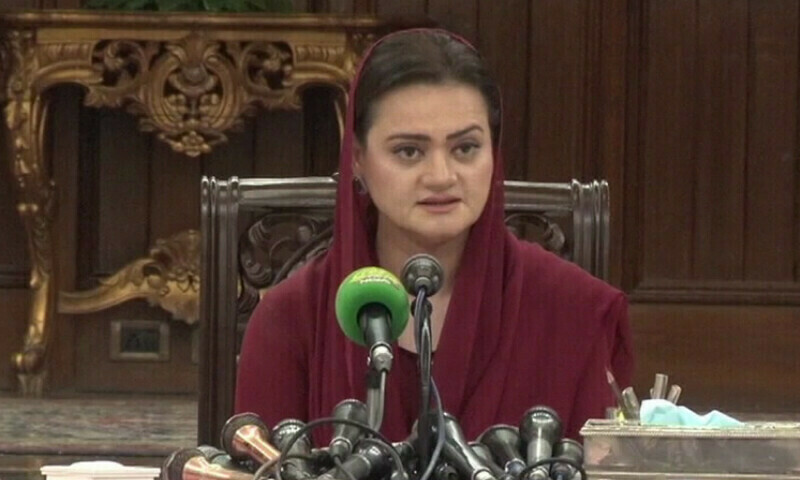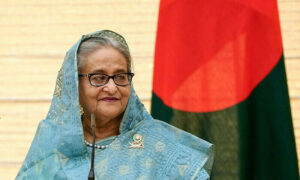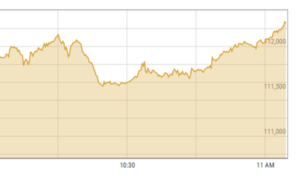Senior Minister Marriyum Aurangzeb stated on Sunday that the Rs14 subsidy provided by the Punjab government would be funded through the province’s own budget.
After months of public outcry and opposition’s criticism over rising electricity prices, the Punjab government announced on Friday that customers using up to 500 units will get a subsidy of Rs14 per unit in August and September.
The move, largely seen as an attempt to placate PML-N’s vote bank in Punjab, was announced by the party’s president, Nawaz Sharif.
Addressing a press conference in Islamabad today, Aurangzeb said she was speaking to “put an end to the propaganda” spread by those responsible for the current economic crisis.
“[Due to the propaganda], they are inciting conflicts between provinces, so it was important to clarify today that the Punjab government is providing relief from its own budget.”
Aurangzeb said that the Punjab government was funding the subsidy by reducing expenditures and reallocating funds from various programs where possible. The energy department has been providing estimates to help the provincial government meet its targets, she added.
“He [Nawaz Sharif] also requested other provinces to cut back on their expenditures and provide relief to their people too,” she said. “And we would be delighted if similar relief could be provided in provinces such as Khyber Pakhtunkhwa, Sindh, and Balochistan.”
She stated that with improved governance and policy adjustments, the Punjab government was now able to offer affordable roti to its people.
“[But instead of appreciating] the power tariff reduction, falsehoods and propaganda are being spread and the matter is being politicised,” she lamented.
Aurangzeb, like Nawaz Sharif, blamed PTI’s tenure for the exorbitant electricity prices, and exonerated the incumbent federal government of all blame. She listed down “achievements” of the Punjab government after coming into power, which included providing a Ramzan relief package and laptop scheme and asked other provinces to follow suit.
Amid rising electricity bills, the National Electric Power Regulatory Authority (Nepra) last week announced an increase in electricity tariffs by Rs2.56 per unit, marking the second consecutive increase, as there was a Rs3.33 per unit rise for fuel adjustment in May.
The inflated bills particularly affected lifeline consumers (using 51-100 units per month) and those in the protected category (up to 200 monthly units), as they were pushed out of the monthly ceiling, resulting in higher rates than their actual consumption warranted.







